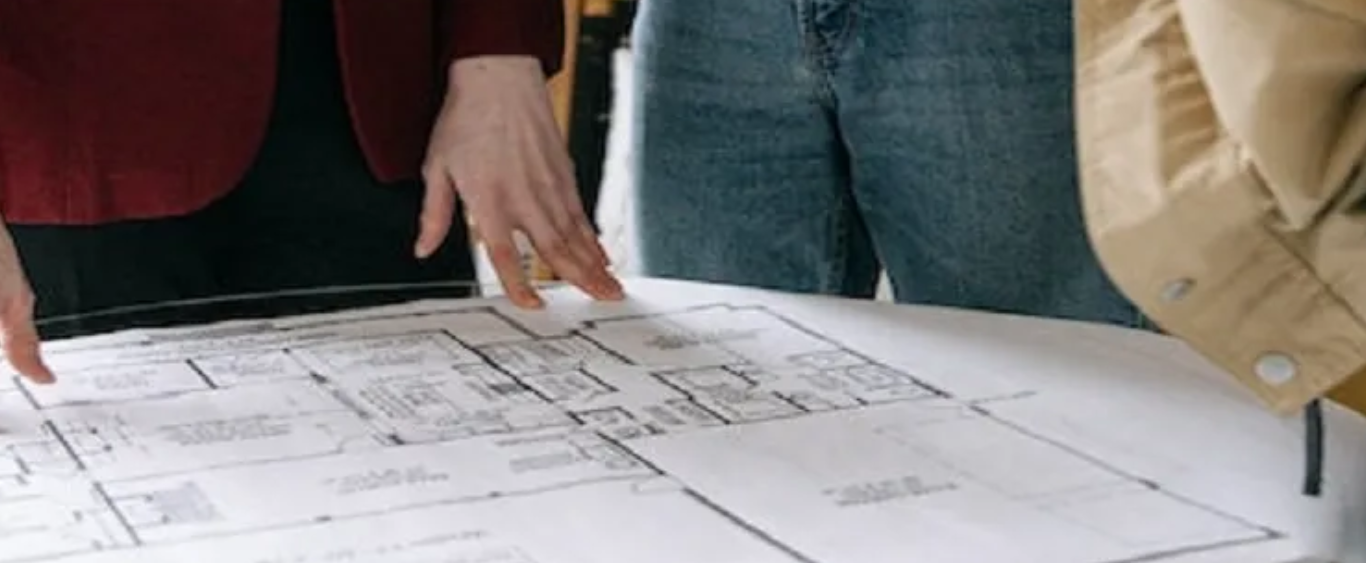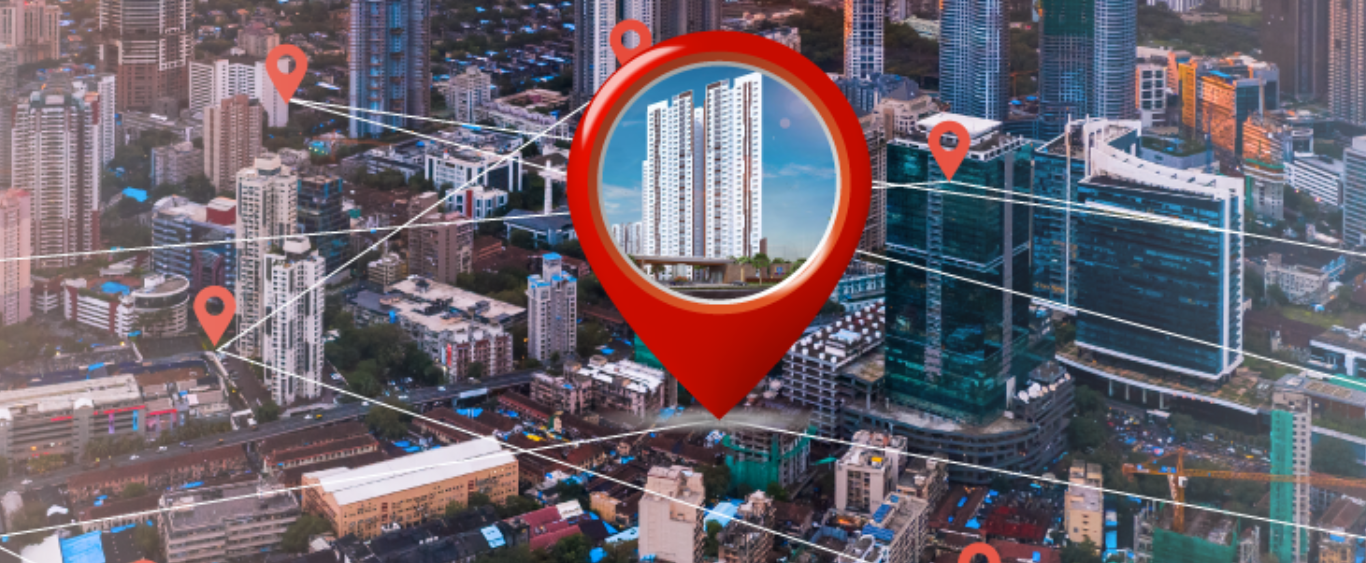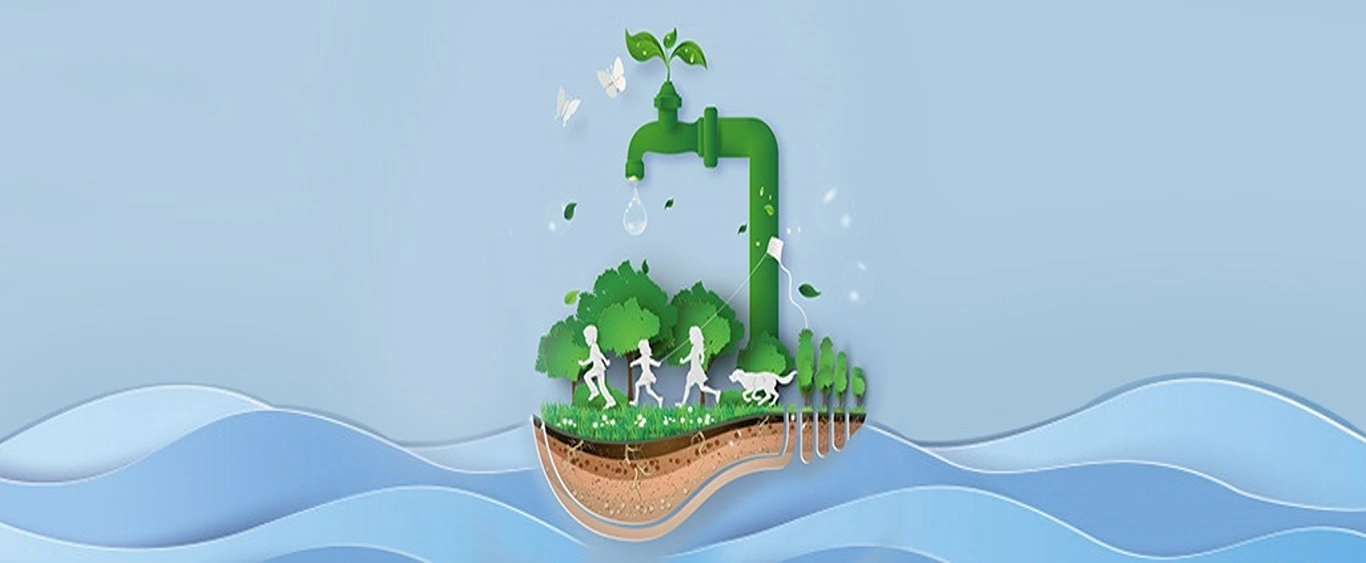Our world is presently witnessing the depletion of natural resources at a rate faster than ever before. Such a scenario threatens our future generations. This necessitates the strict compliance of the principles of 3 Rs i.e. reduce, reuse and recycle. With major cities facing droughts and bearing the brunt of major climatic changes, the importance of water conservation cannot be stressed enough. Only by using water judiciously at homes and in outside places, can we bring about a significant change. Thus various methods of recycling water has been brought into implementation.
There are 2 types of water that can be treated and recycled for further use – greywater and blackwater. Greywater is the wastewater generated from residential and commercial buildings without any faecal contamination. Blackwater is the wastewater or sewage that drains from toilets. Both the types of water can be treated, recycled and reused for various purposes to minimize water wastage and pave the way for water preservation.
The recycling techniques have been formed keeping in mind the importance of water conservation. Here are some of the ways in which recycling water can help in minimizing waste:
- Reduce water bills: Greywater recycling systems collect the water used in sinks, dishwashers and bathrooms. After cleaning it up, the water is again used up in toilets, washing machine or outside taps. This way the water usage is reduced by at least 50% and no further wastage occurs. Consequently, the water bills are also effectively reduced.
- Reutilizing water resources: Realizing the importance of water conservation is the first step towards preserving and sustaining the limited resources. By recycling the greywater and blackwater over a period of time, we are preventing it from depleting further. Systematically treated greywater can be reused for indoor purposes like washing clothes, dishes, gardening, etc.
- Decrease wastewater discharge into fresh water bodies: Often high volumes of wastewater from domestic sectors and chemical plants are discharged into clean water bodies. We all are aware of how hazardous that proves to be for the entire ecosystem. By recycling and treating water, one can easily prevent water pollution in freshwater water bodies. Many endangered species can be saved from extinction and it curbs every kind of wastage that occurs otherwise.
- Saves the energy used in extracting water: The importance of water conservation comes into more prominence when the demand for it goes up. By recycling water locally, we also minimize the wastage of energy. High amount of energy and capital is invested for extracting water (even when the groundwater level has fallen way too low). If water recycling is done then nearby settlers can easily get access to the required amounts while eliminating the wastage of any other energy source.
If the water is recycled as per the guidelines established by concerned authorities then the public health is not compromised. Moreover, recycled water is used more for purposes other than consumption. More and more people should focus on the importance of water conservation to create a sustainable environment for the future generations. By leveraging the recycling technology, we can definitely deal with the water crisis effectively.
Recommended blogs







